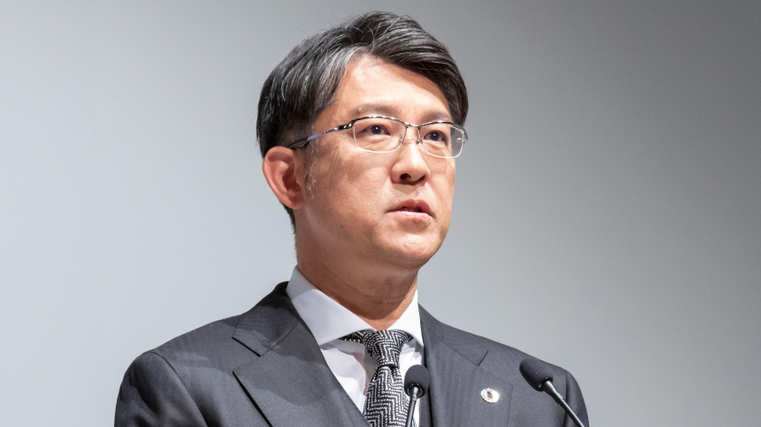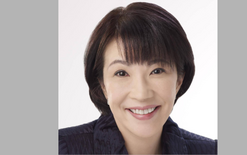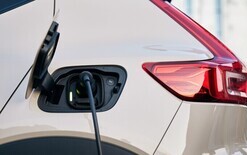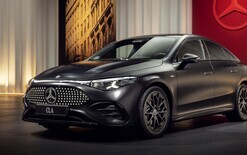Toyota profits warning

Toyota has warned its operating profits will tumble by 21 per cent in the fiscal year ending March 2026 and that’s mostly because of fallout from Donald Trump’s trade war.
The carmaker expects an operating profit of ¥3.8 trillion – or about NZ$44.33 million – compared with ¥4.8tn, or NZ$53.84m, in the year just ended.
The company forecasts that US tariffs will have an impact of ¥180 billion in April and May alone. Beyond that period, the effect of the tariffs is “very difficult to forecast”, reports Koji Sato, Toyota’s chief executive.
The forecast comes as the business faces major headwinds from a stronger yen as well as the impact of American tariffs on imports of foreign-made motor vehicles and automotive parts.
Trump’s 25 per cent tariff on vehicle imports into the US was implemented in early April and has since extended to automotive parts.
“The automotive industry, including trade relations, is in extreme flux,” said Sato, pictured, late last week.
In its fourth quarter, Toyota’s operating profit remained almost flat year-on-year at ¥1.2tn while revenue increased 12 per cent to ¥12.3tn.
The Japanese brand is not alone in facing uncertainty from the tariffs, with the global car industry thrown into turmoil.
Mercedes-Benz, Volvo Cars and Ford have all pulled their guidance for 2025 because to the evolving nature of Trump’s tariffs.
General Motors has warned of an up to US$5b – NZ$8.48b – hit from the levies, even though Trump has offered relief to carmakers to soften the impact of his 25 per cent tariffs.
Ford will hike the price of three cars made in Mexico. These are Mustang Mach-E, Maverick ute and Bronco Sport by as much as NZ$3,400. It says it hasn’t passed on the full cost of the tariffs to customers.
Volvo also announced it will cut five per cent of jobs at its factory in Charleston, South Carolina, as it continues to assess the impact of the tariffs. Despite this, the company says it remains committed to creating 4,000 jobs in South Carolina by boosting output in the future.
Japan’s strong stance
Japanese Prime Minister Shigeru Ishiba has emphasised his country’s strong stance on eliminating US tariff measures, including those on cars, during trade negotiations.
Speaking on television on May 11, he said Japan is investing in the US and creating jobs. “If Japan’s automobile industry is weakened, we will no longer be able to invest in America.”
Referring to the US policy of lowering tariffs to 10 per cent for up to 100,000 cars produced in the UK annually, Ishiba acknowledged that as “one possible model”, but reiterated that Japan will firmly seek zero tariffs.
Japan is currently subject to a 25 per cent tariff on its automobile exports to the US. In 2024, Japan’s automobile exports to the US totalled NZ$469.5b.
This made up 28.3 per cent of the country’s total exports to the States. According to the Japan Automobile Manufacturers Association, around 1.37 million vehicles were exported to America last year.
China-US tariffs down
Share markets around the world rebounded on May 12 after the American president said negotiations over the weekend had resulted in a “total reset” in trade terms between the US and China.
The talks in Switzerland resulted in big cuts to the tariffs between the two countries, which have increased since January. The US will lower its tariff from 145 to 30 per cent, while China’s retaliatory charges on US goods will drop to 10 from 125 per cent.
Donald Trump told reporters that, as some of the levies have been suspended rather than cancelled altogether, they might rise again in three months’ time if no further progress is made, but he doesn’t expect them to return to the previous peak of 145 per cent.





